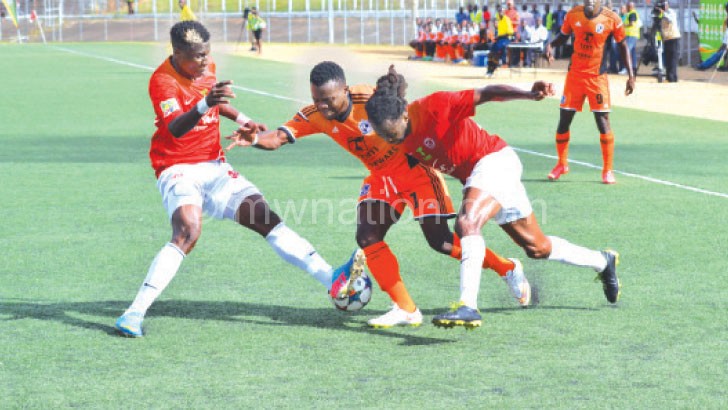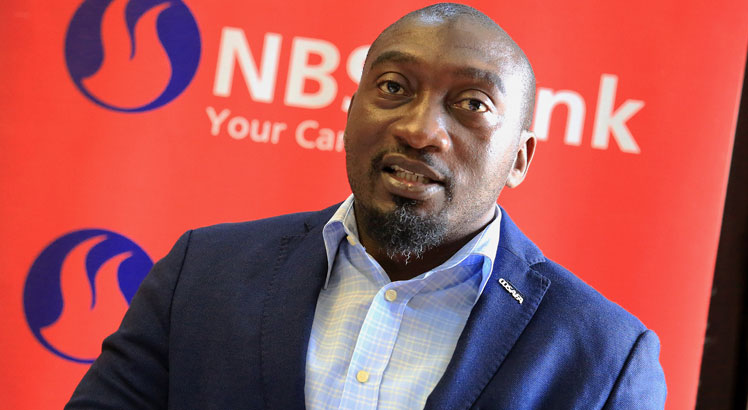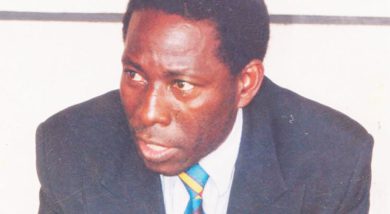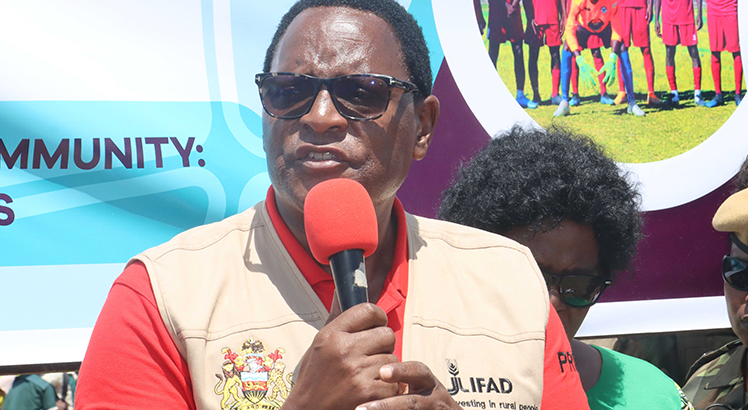Why players retire destitute: No pension scheme, gratuity
In Malawi, the football profession has often been described a thankless career due to hard-to-believe stories of once famous football stars that end up begging in streets after they hang up their boots.
One of the reasons football players end up destitute in Malawi is due to football authorities’ failure to comply with the country’s Employment Act.

The Act states that where an employer has more than five employees, that employer shall provide pension and life insurance for those employees.
The Act reads: “An employer shall in addition to making pension contributions on behalf of its employees, maintain a life insurance policy in favour of each of its employees for a minimum life policy cover of one times the annual pensionable emoluments of the employee.”
But Weekend Nation research has unveiled that apart from clubs run by government institutions, the others do not comply with the Act.
Apart from Malawi Defence Force (MDF) sides—Mafco, Kamuzu Barracks, Red Lions and Moyale Barracks—and Malawi Police Service side Blue Eagles, the civilian clubs do not comply with the Act.
The objective of the mandatory National Pension Scheme, created under the Pensions Act of 2011, is for all employers to provide retirement and life insurance benefits for their employees. As a result, Malawi players become destitute when they retire from their football careers since they do not have a form of social security.
Ministry of Labour, Youth, Sports and Manpower Development spokesperson Simon Bvundula said the challenge is that players’ contracts are confidential, hence; difficult to determine if they qualify for the National Pension Scheme.
“It is difficult to categorise a soccer player as an employee unless we make reference to his contractual terms. This contract could be an employment contract, in which case a player qualifies to be an employee or for service—a situation that constitutes that the person is an independent contractor and usually not liable for defined contributory fund,” he said.
Most of the Super League clubs we approached did not respond to our questionnaire.
But Silver Strikers general secretary Thabo Chakaka-Nyirenda said football players have employment contracts.
He said: “I know some may try to argue that players are not employees. The law says an employee is a person who offers his services under an oral or written contract of employment whether express or implied.
“The players are employees because the law says a contract of employment shall be in any one of the following forms— a contract for an unspecified period of time, a contract for a specified period of time; or a contract for a specific task. Players fall in the second category.”
According to Malawi Employment Act, on termination of contract, by mutual agreement with the employer or unilaterally by the employer, an employee shall be entitled to be paid by the employer, at the time of termination, a severance allowance and gratuity.
“But most of the players are never paid. This happens either because they don’t know their rights as employees or clubs do not want to abide by the law,” said Chakaka-Nyirenda.
Players enjoy tax free perks
On the flipside, Malawi football players do not pay tax under the guise that their monthly wages, which are called ‘upkeep allowance’ for the same purpose, do not fall under the taxable income, Weekend Nation can reveal.
Super League of Malawi (Sulom) and Super League clubs are aware of the situation, but they pay a blind eye to it.
In the past, most clubs used to pay their players about K1 000 training allowances and K10 000 game bonuses for a win, which did not fall in the tax net since the taxable income starts at K20 000.
But now, although some players get as much as K400 000 per month, the players still avoid paying tax to Malawi Revenue Authority (MRA).
Sulom general secretary Williams Banda said the past trend is what has contributed to the situation.
He said: “The tax laws are clear. If someone gets over K20 000, they are supposed to pay tax. In the past, it was not clearly defined whether players are employees. What is needed now is to establish the status of the players’ employment details.
“With the Club Licensing System, this should not be a problem. FAM licensed all Super League clubs at the beginning of the season. The licensing followed a thorough process of registering the clubs. FAM has the club’s details like the legal status, financial status, ownership and players’ contracts. This information can help FAM to ensure players pay tax.”
On his part, FAM club licensing manager Casper Jangale said: “Not all football players pay tax. If you look at our set-up, we have three types of clubs: Institutional, community and those under Incorporation. I believe players under institutions pay taxes [These are players under police and MDF or Civo United if employed by government]. But there is need for football authorities to engage Malawi Revenue Authority (MRA) on this. It’s a practice that we all inherited, maybe and maybe, time has come for all of us to be tax compliant. But the onus is also on clubs under Club Licensing System—under financial criteria—to prepare annual financial statements where it will show how funds are used.
“There is need for civic education by MRA and football authorities on the importance of paying tax. But looking at how low our players earn, not many would fall under that bracket of paying tax. So there is also need for review of players’ salaries and make sure we enforce the minimum government wage. If players earned more, they would not complain to pay tax. “There is a saying in the Bible that says ‘Give to Caesar what belongs to Caesar and to God what belongs to Him’. So, as football authorities, we need to create more avenues where clubs can be making more money to pay players better and in turn, they would be able to pay taxes for the good of Malawi,” he said.
Is ignorance a defence?
All the players we approached to find out if they are aware of their employment status, said they had no idea.
The players said they are not told about the employment status, hence; they have no idea if they are entitled to a pension scheme and life insurance or if they are required to pay tax.
“Unlike when I was playing in South Africa, here we do not even get payslips. We are only told if our wages have been paid at the end of the month,’ said one the players, who rejoined a local club last year.
Fifa reforms
FAM president Walter Nyamilandu noted that there was need to put things in order.
He said: “That’s where we are heading to. Through the guidance of Fifa, FAM resolved to form a Players Association to deal with the welfare of players as opposed to handling the affairs in-house. This is the equivalent of the Professional Players Association in the UK.
“Fifa will be in the country this month to conduct a workshop and sensitise all stakeholders, including the clubs and football players on how the Players Association or Players union operate. The plan is that the Players Association must come into effect next season. The Players Union will, among other things, lobby for the rights and benefits of players and guide with employment contract negotiations of players.”
Nyamilandu in his manifesto promised a Players Welfare Fund in which clubs, Sulom and FAM would contribute part of the proceeds from their gate collection shares towards the fund.
However, the move met stiff resistance from major stakeholders—the clubs—who refused to surrender their share to the fund.
“That’s where the engagement comes in. We want them to see the bigger picture and fully understand the framework of the players’ welfare that is being proposed. I am sure there will be buy-in this time around given the fact that football is a short term career,” said Nyamilandu.





